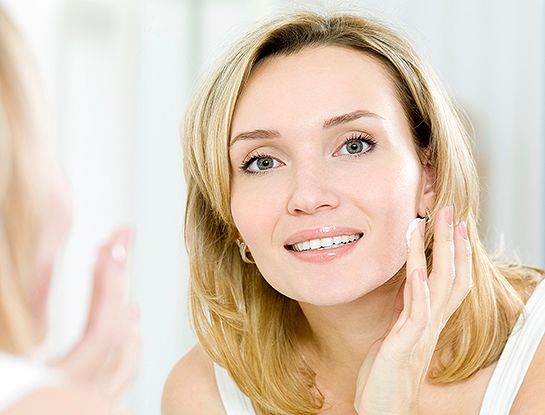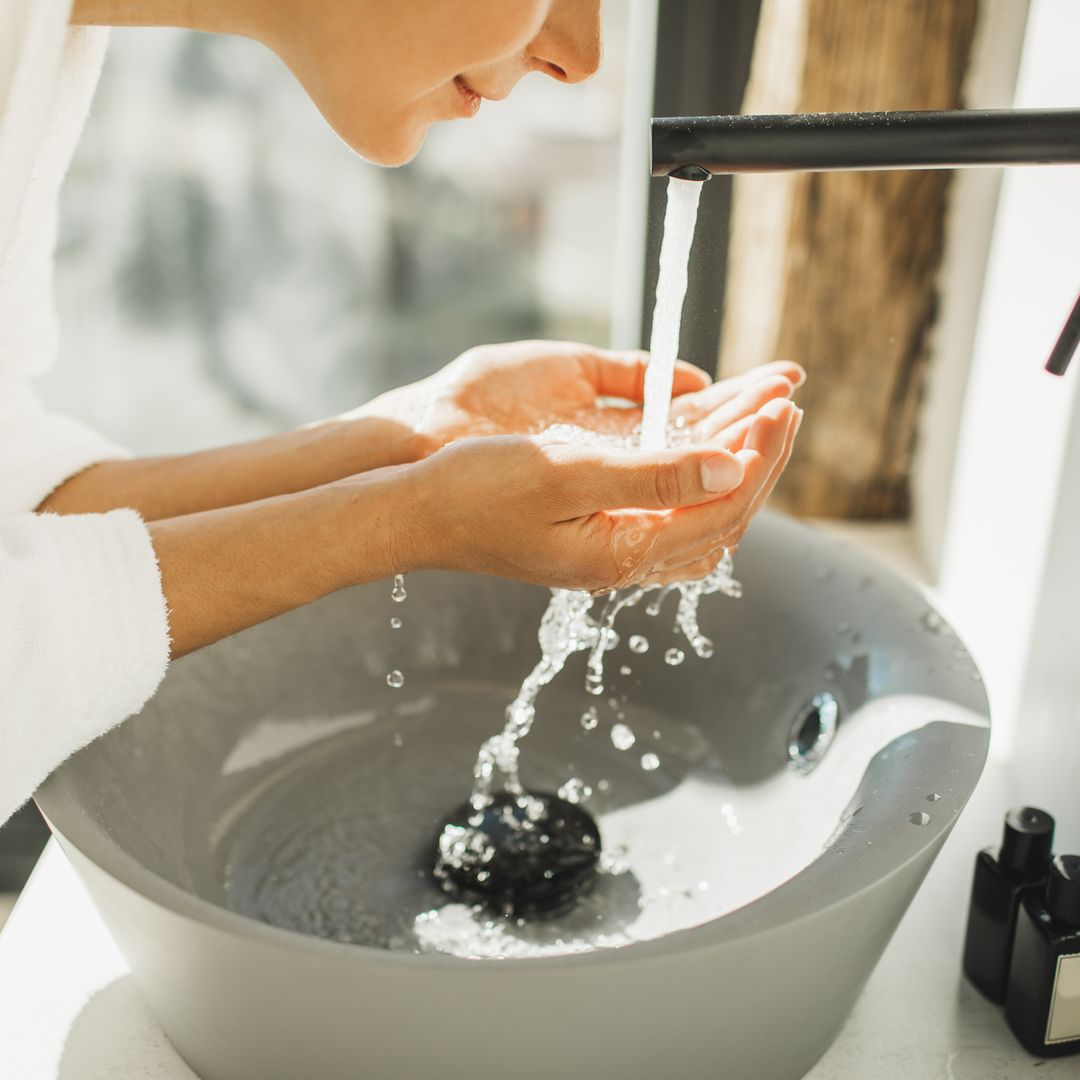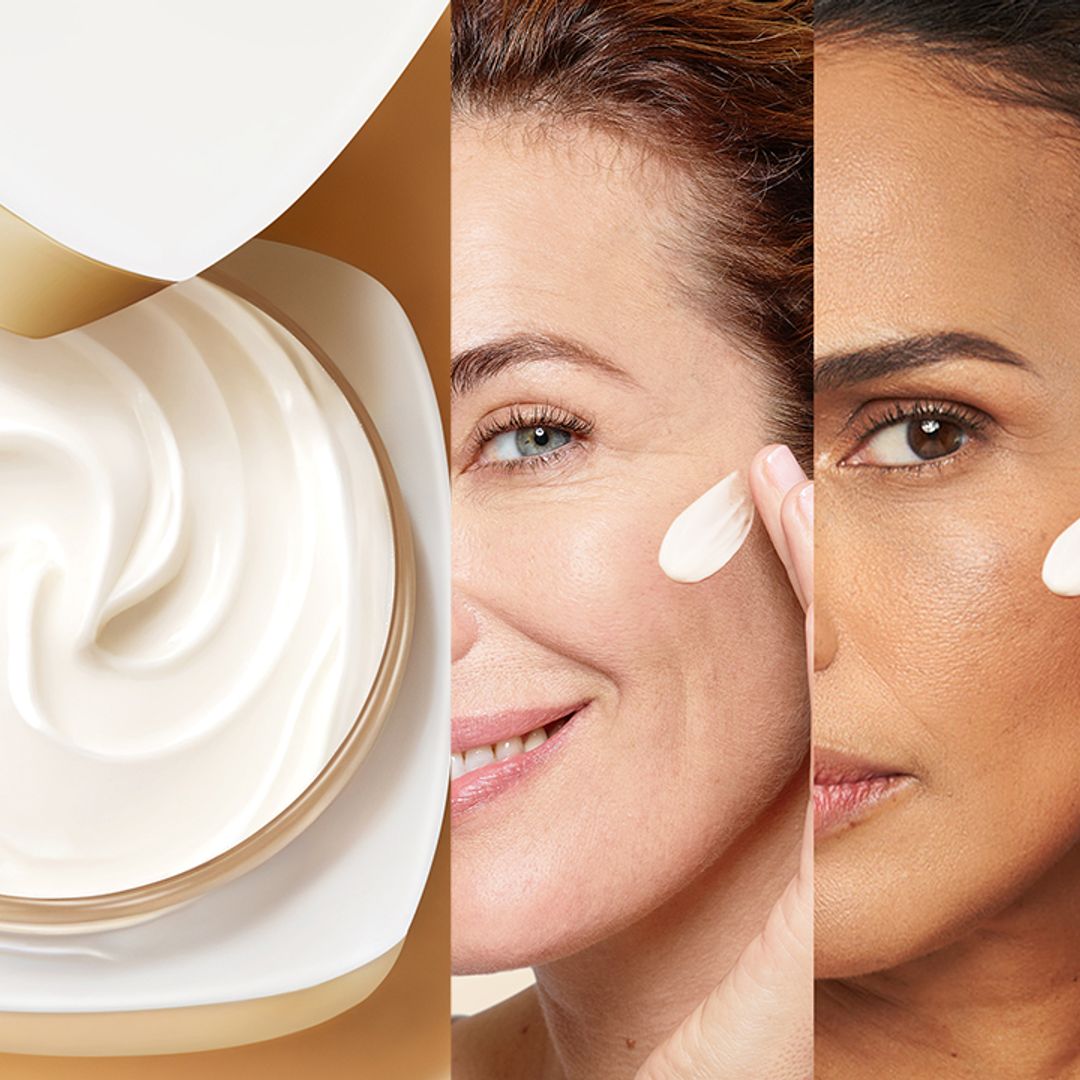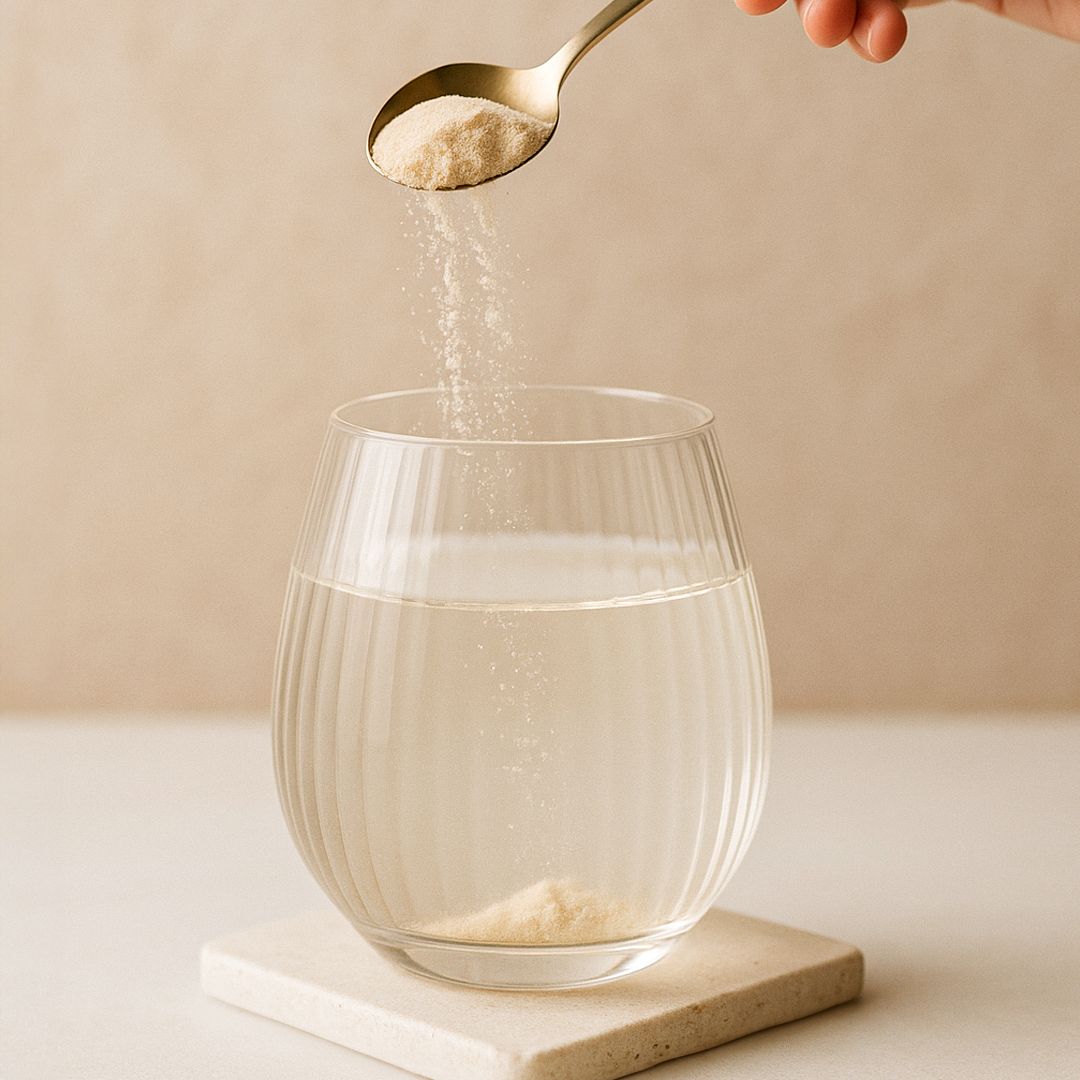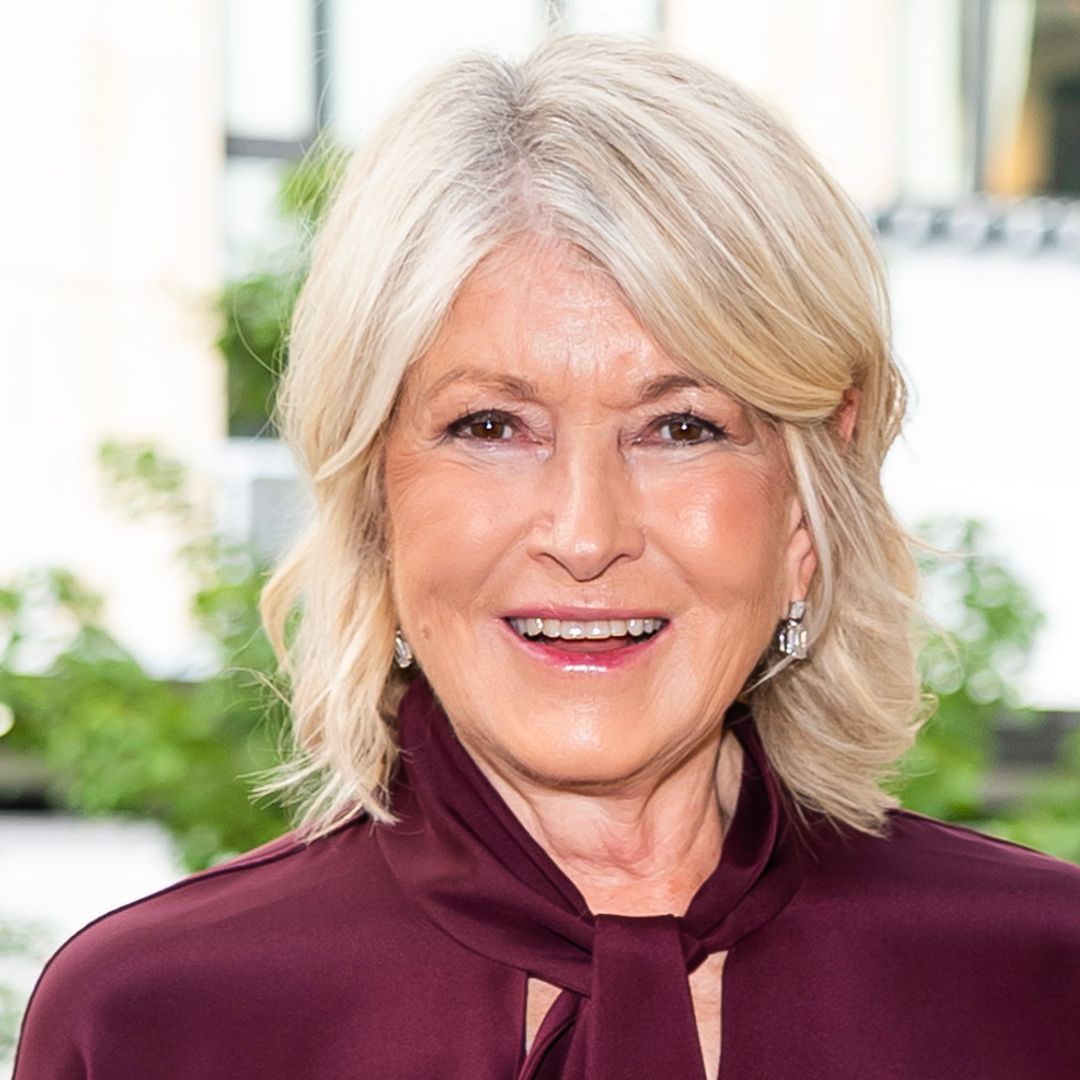With age comes wisdom - but unfortunately so do wrinkles. Year after year anti-ageing remains a hot beauty topic as men and women do battle with Mother Nature. But we have five top anti-ageing tips to share, thanks to Dr Darren McKeown, a skincare expert and cosmetic dermatologist who has created his own eponymous skincare range available at Superdrug. Read on for his secrets to smooth supple skin…
Avoid excess sugar in your diet
It has been a bad couple of decades for carbohydrates. First, we realised that cutting back on carbs could significantly help weight control and now we are increasingly coming to realise that cutting back on carbs can also help you look younger. Excess sugars in the bloodstream bind to collagen in a process known as 'glycation', which results in stiffening of collagen fibres. A study published recently showed that the higher your blood sugar level, the older you will look.
Avoid rapid weight loss programs
Our whole understanding of facial ageing has changed over the last decade or so. We now know that facial ageing, rather than being a simple gravitational problem, is a much more complex three-dimensional process whereby loss of volume from under the skin creates the appearance of redundant or excess skin at the surface. Rapid weight loss accelerates this facial volume loss and can exacerbate the appearance of ageing. So it is best to try and stick to a healthy weight, without fluctuating too far in either direction.
Start an anti-ageing skincare regime early
An effective anti-ageing skincare regime should be started as soon as the problem skin of adolescence settles down. Initially, it doesn't need to be particularly complicated so long as you make sure your skin is protected from the sun. Up to an astonishing 80% of skin ageing is down to environmental factors, with sun exposure being the number one - just think of the enormous potential long-term benefits if we all started using sun protection early. As you get older and the signs of ageing begin to appear, you need to step it up a notch and start using products that contain collagen-stimulating ingredients like retinoids and peptides. But when you begin to develop specific signs of ageing like uneven pigmentation, then it's time to start incorporating more targeted treatment products like serums.
If you have dry skin, you need a moisturiser - not a glass of water
As we get older, our skin begins to feel dry and rough. Many people mistakenly believe this is down to dehydration and that drinking more water is the answer. It's not. As we age, the top layer of skin - the epidermis - becomes less effective at carrying out its main function in life, which is acting as a barrier to the outside world and preserving water within the skin. As a result, water is lost to the environment and the skin looks and feels dry. Drinking more water won't correct this, but a good moisturiser will. A good moisturiser not only contains water and moisture, it also contains ingredients that are designed to repair the skin barrier function.
Target the eye area with a dedicated eye product
The skin around the eyes is incredibly thin and delicate. It is constantly being stressed by the repetitive actions of the underlying muscles, which lie directly beneath the skin without a layer of fat to provide some padding between the layers, as is usually the case elsewhere on the face. As a result, the eyes are often one of the first places to show signs of ageing and need a dedicated product to target the unique problems of this region. Look for products that contain higher concentrations of retinoids or peptides to deal with fine lines and wrinkles, whilst products containing liquorice extract can be excellent for dark circles.
